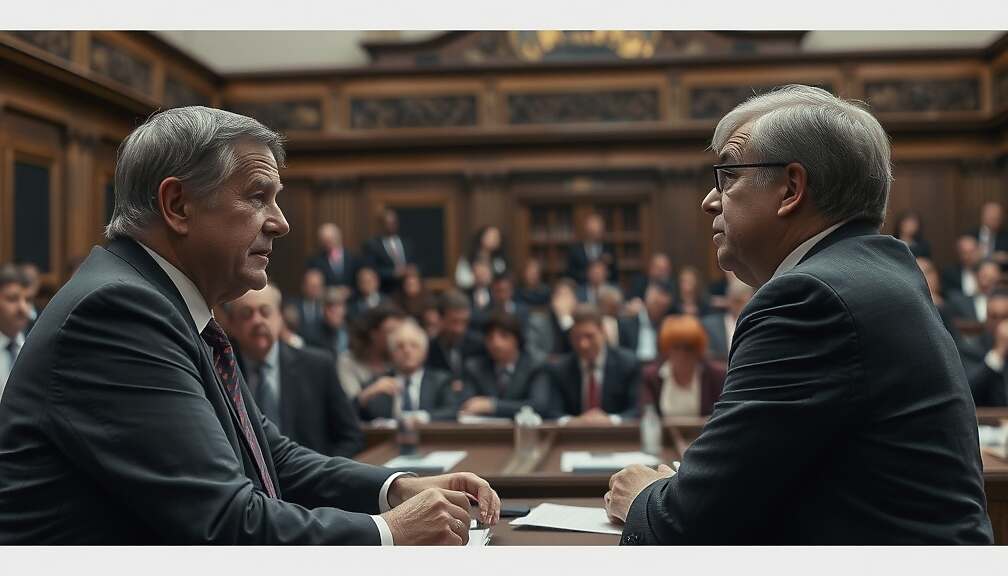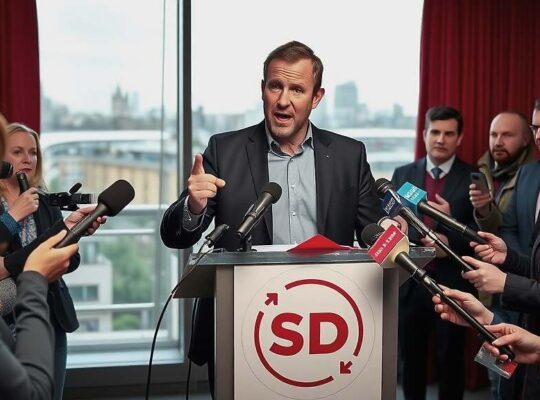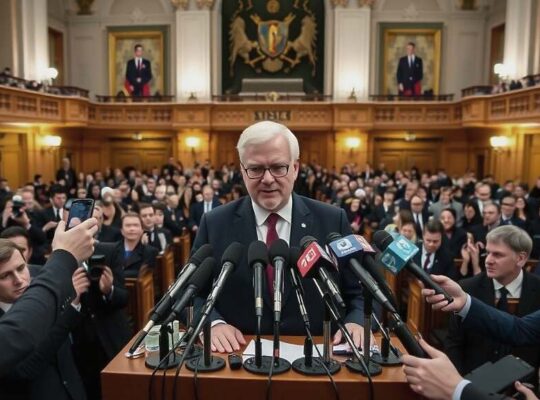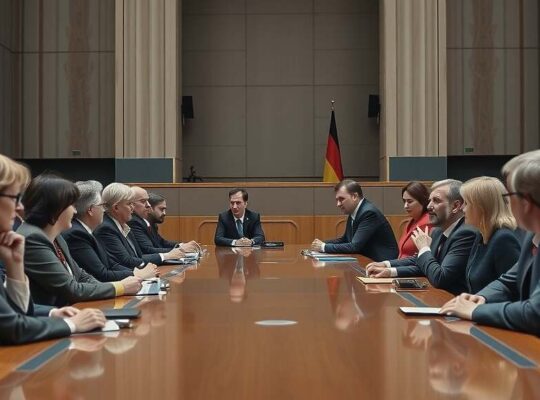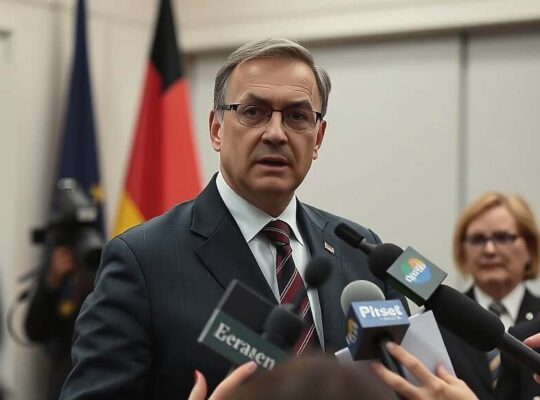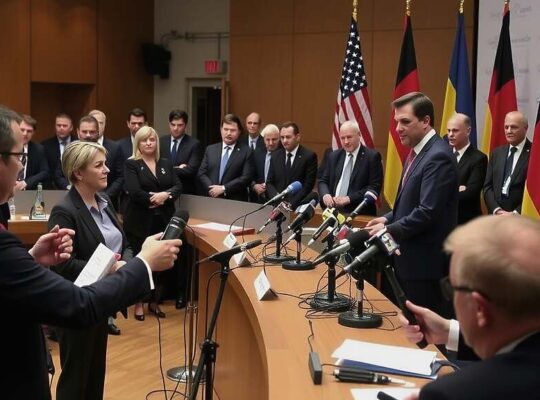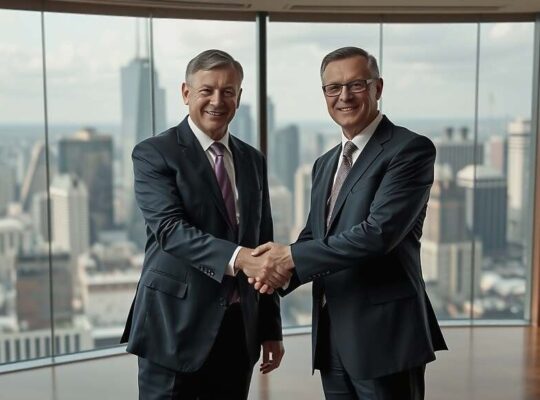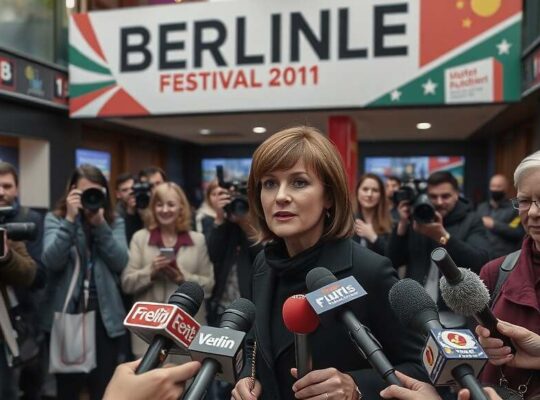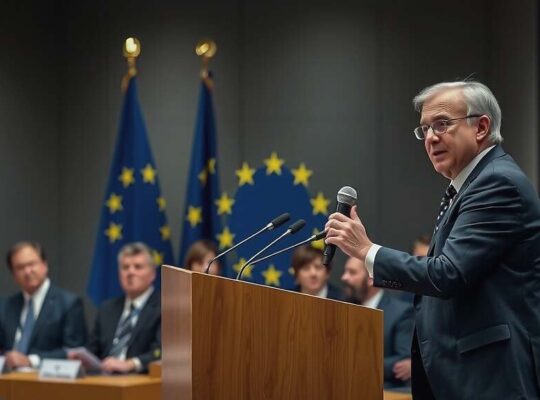The proposal by Bavaria’s Minister-President Markus Söder to introduce mini-nuclear reactors, or Small Modular Reactors (SMRs), within Germany has ignited a fierce political debate within the Bundestag, exposing deep divisions over the nation’s energy strategy. Söder’s advocacy for SMRs as a pathway to affordable energy is facing robust opposition, particularly from the Social Democratic Party (SPD), who are branding the initiative as an expensive and perilous distraction from proven renewable solutions.
SPD energy policy spokesperson Nina Scheer has characterized SMRs as “the most expensive form of energy generation” emphasizing their inherent safety risks and the exacerbation of the existing nuclear waste problem. She argues that renewable energy sources, coupled with energy storage solutions, offer a considerably more cost-effective and rapidly deployable pathway to secure, clean and domestically available power. “It would be irresponsible to ignore these facts and burden the public with the associated costs, beginning with insurability” Scheer asserted.
Söder’s reference to Canada as a model for SMR implementation has been challenged, with Scheer pointing out that the country currently only holds a building permit valid until 2035, halting the deployment of these reactors. The failure of NuScale Power, a U.S.-based company initially hailed as a flagship project subsidized with billions in funding, was also highlighted, with the project ultimately abandoned following a dramatic cost escalation from $5.3 to $9.3 billion.
While CDU parliamentary group vice-chairman Sepp Müller acknowledged the need for a “technology-open research approach” suggesting that Söder’s ideas shouldn’t be dismissed outright, the Green Party voiced much stronger criticism. Julia Verlinden, Green Party parliamentary group deputy leader, accused Söder of employing a “classic diversionary tactic” that undermines both climate protection efforts and competitiveness. She argued that focusing on distant, experimental reactor technologies diverts attention from immediately viable and less expensive solutions like wind power, which boasts the lowest electricity generation costs and is increasingly adopted by businesses seeking energy independence from volatile fossil fuel markets.
Luigi Pantisano, deputy leader of the Left Party’s parliamentary group, delivered a particularly scathing critique, drawing parallels between Söder’s rationale and “a drug addict in withdrawal”. He accused the Bavarian leader of disregarding the risks to nature and humanity in his pursuit of what he views as a desperate return to carbon-intensive sources and untested nuclear technology.
Limited support for Söder’s proposal has emerged from Paul Schmidt and Rainer Kraft, spokespersons for the AfD’s “Working Group Nuclear Power”. They expressed the view that SMRs should be incorporated into Germany’s future energy mix and that existing nuclear reactors should be swiftly reactivated. This view contrasts starkly with the widespread criticism and skepticism expressed by other parliamentary factions, highlighting the deep ideological and strategic divides shaping Germany’s energy transition.


